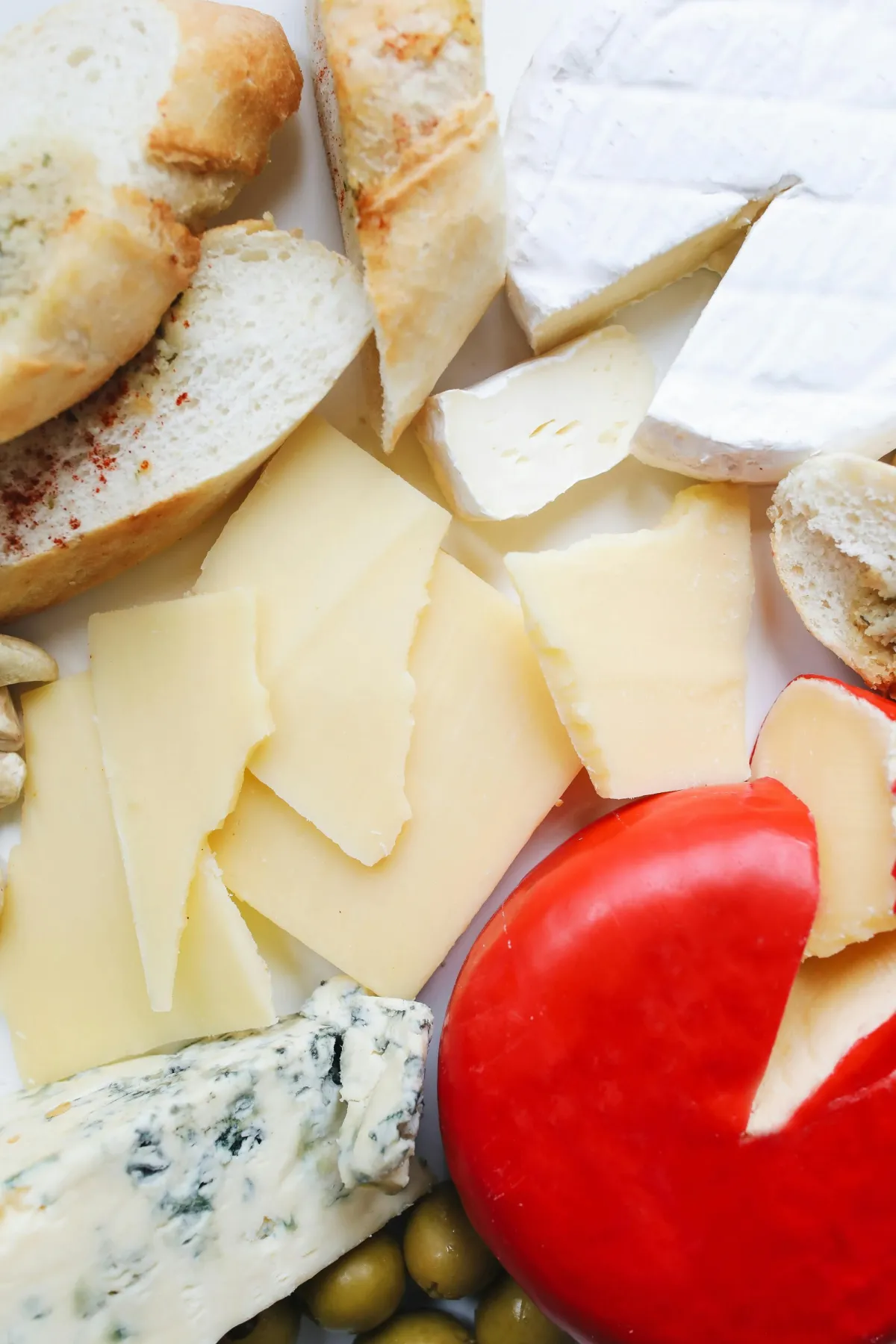
Why You Can’t Stop Eating Cheese
The Cheesy Truth
Why You Can’t Stop Eating Cheese
Cheese. The glorious, creamy, melty, stretchy masterpiece that somehow finds its way into every keto, carnivore, or “I swear I’m eating healthy” meal plan.
But here’s the kicker — while cheese is keto and is carnivore-friendly, it also happens to be one of the most deceptively addictive foods on the planet.
And no, it’s not your lack of willpower. It’s biochemistry.
The Secret Hidden in Milk: Casomorphins
Mother Nature has a sense of humor. Every mammal — from cows to humans to goats — laces its milk with something called casomorphins.
What are they? A type of protein fragment that acts like a mild opiate. Yep, you read that right — milk is nature’s first designer drug.
Casomorphins are there for a good reason: they make baby mammals want more milk. They trigger the pleasure centers in the brain, keeping the little ones coming back to the udder buffet for round two, three, and twelve.
That’s how babies grow — by getting “addicted” to their food source. Cute, right?
When Milk Grows Up: The Birth of Cheese Addiction
Now imagine what happens when you take that milk, remove the water, ferment the sugars, and concentrate the proteins — congratulations, you’ve just created a casomorphin superweapon.
Cheese isn’t just milk. It’s milk on steroids.
It’s what happens when you distill all the comforting, dopamine-sparking goodness of milk into something your brain doesn’t want to quit.
That’s why you can “take or leave” yogurt, but open a pack of cheddar and suddenly you’re carving chunks like you’re sculpting the Statue of Liberty.
Cheese: Keto Hero or Sneaky Villain?
On paper, cheese fits perfectly into a keto or carnivore diet — high fat, moderate protein, and low carb.
But here’s the catch: it can wake up your old carb-addicted brain circuits.
The same brain chemistry that made you crave muffins now whispers, “Just one more slice of gouda.”
For some people, that whisper turns into a full-blown late-night cheese rave in front of the fridge.
What Happens in the Brain
When casomorphins hit your system, they latch onto opioid receptors — the same ones that respond to things like morphine or endorphins. That’s why cheese makes you feel calm, happy, and satisfied… until it wears off and you need another hit.
It’s not a moral failure — it’s literally your nervous system doing its job a little too well.
The Bottom Line
Cheese isn’t evil. It’s delicious, nutrient-rich, and absolutely fine in moderation.
But if you find yourself justifying “one more slice” ten times in a row, you might not be hungry — you might be high on cheddar.
So yes — cheese is keto. Cheese is carnivore.
Just remember: even the most disciplined lion knows when to step away from the cheese platter.
Pro Tip from the Health Coach’s Playbook:
If you’re finding cheese too hard to quit, try this:
Limit it to one meal a day.
Replace it with whole foods like eggs, sardines, or avocado.
Or just admit it — cheese has you wrapped around its melty little finger.
